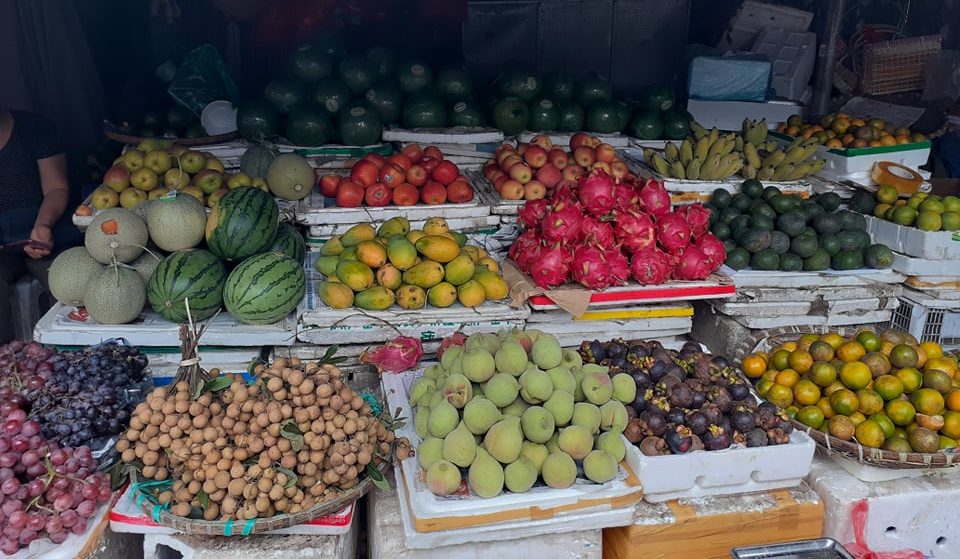
Last week I put together my Key Informant Interview (KII) guide. Key Informant Interviews are qualitative interviews. They usually involve interviewing a select group of individuals who are likely to provide needed information, ideas, and insights on a particular subject, in my case the narratives of food suppliers & retailers in Hanoi around “food system sustainability”. With KIIs only a small number of informants are interviewed – usually around 20-35. They are different from formal and informal surveys in which a relatively large number of people are interviewed. An interview guide is used to conduct the KII, covering topics and issues to be discussed. The atmosphere in these interviews should be casual, resembling an informal conversation and probing should be subtle to elicit more information (Kumar, 1989). However, this ideal dynamic will be altered somewhat with a translator involved. Elaborate, yet clear and concise note taking will need to be done if permission is not granted by the informant to record the interviews.
My Key Informants are likely to be a combination of wet market traders, formal retailers such as supermarket managers and maybe a couple of street vendors. There are a number of challenges with this particular research. Firstly the difficulty of actually getting these informants to talk to me, not only because I am a foreigner but also because most of them are very busy, and especially for the wet market traders and street vendors’ time is money. Their work is hard and can be arduous. To take an hour of their time to talk to me is quite the sacrifice. On top of this is the sensitivity of the topic. Sustainability issues may not be high on the agenda when you are a trader in the market, if at all, but that’s what I’m here to find out. As I’ve mentioned before food safety has become a big worry for consumers in Vietnam and safety in wet markets is regularly featured in the media. This subject matter will have to be brought up with caution ensuring not to upset anyone, lose their trust or shut down the conversation early. Finally, another challenge, which many of my Vietnamese colleagues have warned me about is their reservations to divulge, for fear of the government, worry that neighbouring traders may overhear or even just doubts that I am not who I claim to be.
(Kawarazuka et al., 2017) mentioned when interviewing street vendors in Hanoi “some vendors agreed to be interviewed but then started to suspect that we were newspaper reporters, Chinese spies, fraudulent customers or even swindlers”.
This quote is from a very interesting read, although not directly related to my research, about gendered strategies to adapting to rapid urbanisation in Hanoi and how street vendors’ responses, in turn, shape the current informal food systems. After reading the paper I realised one of the researchers works in the International Potato Centre (CIP), just a couple of doors down from CIATs Sustainable Foods Systems office. I arranged to meet her and she kindly shared some tips on her experiences carrying out interviews with these types of informal, private sector actors in Vietnam. However, not everything always goes to plan, no matter how prepared or careful you are. She told me about one interview where her interviewee (a street vendor) proceeded to get water and even a fish thrown at her from a neighbouring vendor who claimed she was disturbing her business!! No tips needed for me here..only some common sense! Anyway, now that my preparation is done, I just need to get my ethical approval confirmed and it’s all (food) systems go from there!
